refractors
Setting off on a cosmic stargazing adventure is like stepping into an exciting journey. And what's your trusty sidekick for navigating the vast night sky? It's none other than the refractor telescope! In this guide, we're diving into the secrets of refractor telescopes, checking out their cool perks, and tossing in some handy tips to make stargazing super fun for beginners.
Meet the refractor telescope, or as we call it, the cosmic spyglass! These cool scopes keep it simple, using a lens to bend and focus light, giving you a clear sight of the wonders of the night sky. There are no frills, just fantastic views that make astronomers everywhere smile!
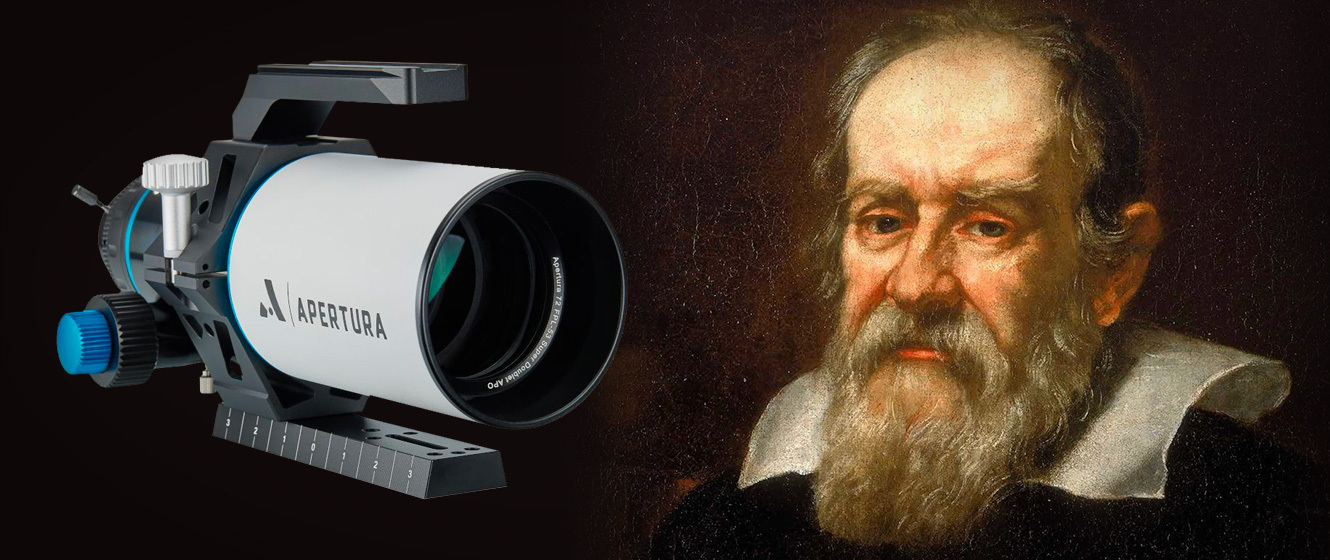
Advantages of Refractor Telescopes
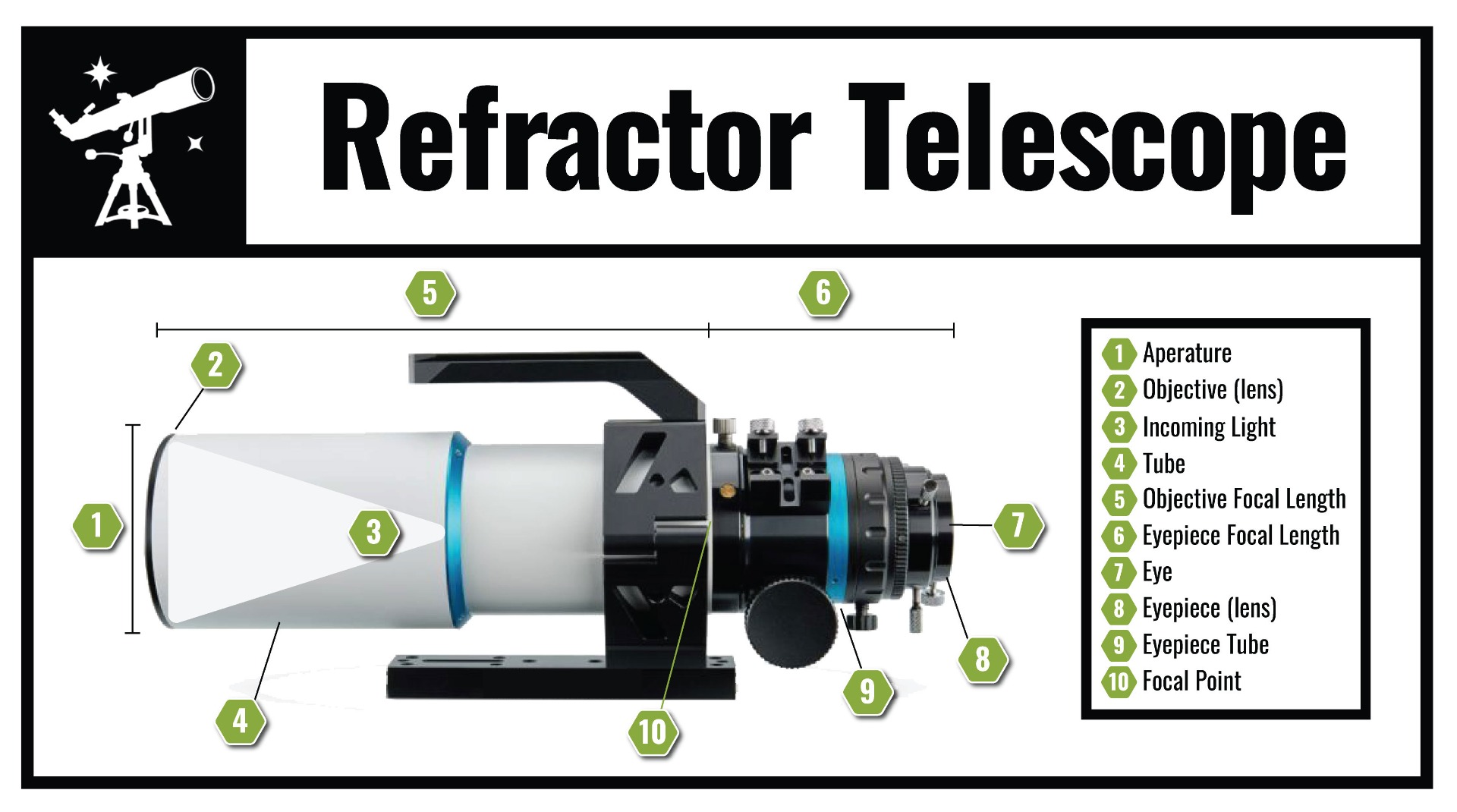
Clarity and Sharpness: Clear as a bell and sharp as a tack – that's what makes refractor telescopes rock! With these cool gadgets, you get images that are crisp, clear, and bursting with contrast. The lenses minimize chromatic aberration, ensuring you see celestial objects with stunning clarity.
Low Maintenance: Refractor telescopes come with a cosmic shield – a sealed tube that protects their lenses from pesky dust and debris. This means less cleaning hassle and more time for exploring the universe’s wonders! There is no need for regular extra care as refractors are low-maintenance stargazing gear.
Portability: Meet the travel-sized champs of the stargazing world—refractor telescopes! They're compact and lightweight, ready for an adventure wherever the night sky calls. They're perfect for beginners itching to explore different stargazing spots without lugging around heavy gear. So, pack your telescope and let the stargazing road trip begin!
Versatility: Refractors excel in observing planets and the moon. Their straightforward design makes them suitable for terrestrial observations, allowing users to explore the celestial and terrestrial realms.
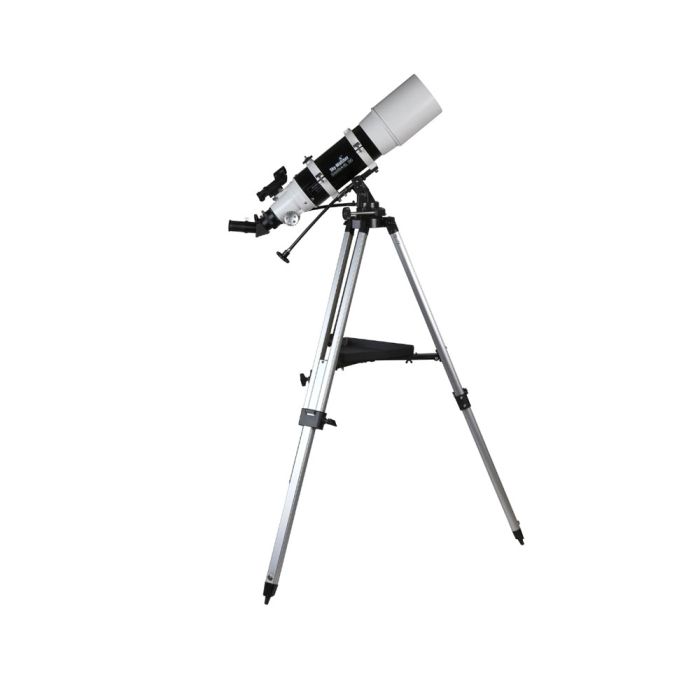
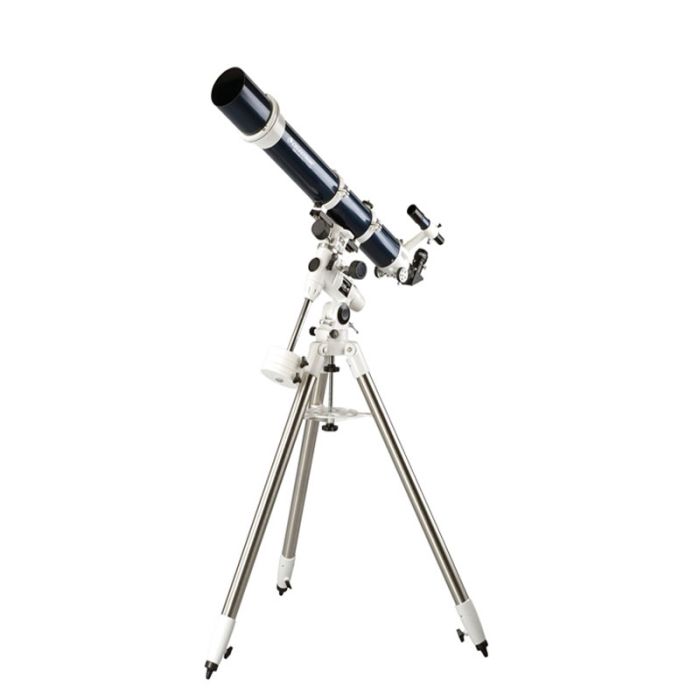
Practical Tips for Beginners
Understand Your Equipment: Understanding the equipment, such as a retractor, is necessary because it ensures proper usage and maximizes effectiveness. Users can avoid accidents or damage by knowing how the retractor functions, including its components and operating procedures. Additionally, understanding the equipment enables users to troubleshoot any issues arising during its use, ultimately enhancing safety and efficiency in various tasks or procedures.
Start with Simple Targets: Initiate your stargazing exploration with fundamental objects like the moon and prominent planets. They are easily recognizable and accessible entities, akin to amicable neighbors greeting you. This approach provides an ideal opportunity to acquaint yourself with your refractor telescope while navigating the celestial realm.
Learn the Night Sky: Treat your observation of the stars as an educational journey through the celestial neighborhood. Identify well-known constellations and stars akin to recognizable landmarks on a cosmic map. Once acquainted with these heavenly features, using your refractor telescope to explore exciting phenomena becomes much easier and more enjoyable.
Invest in Quality Eyepieces: Upgrade your cosmic toolkit with stellar eyepieces! While your refractor telescope comes with the basics, adding top-notch eyepieces is like a turbo boost. These eyepieces bring the cosmos up close and personal, letting you tweak the magnification for a tailor-made stargazing adventure!
Patience is Key: Prepare to play the waiting game, rookie stargazers! Patience is your cosmic superpower. Give your eyes some time to get used to the dark, spot those cosmic gems, and let the beauty of the night sky blow your mind! Remember, the more patience you bring to the party, the greater your appreciation for the stellar spectacle above!
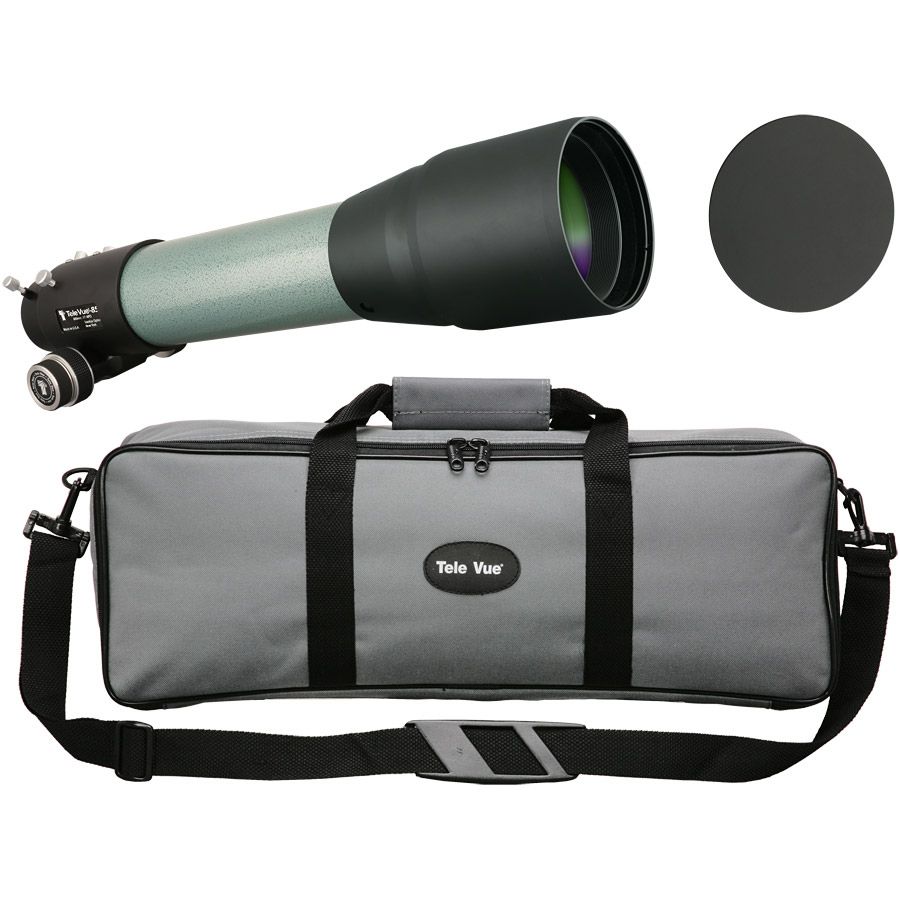
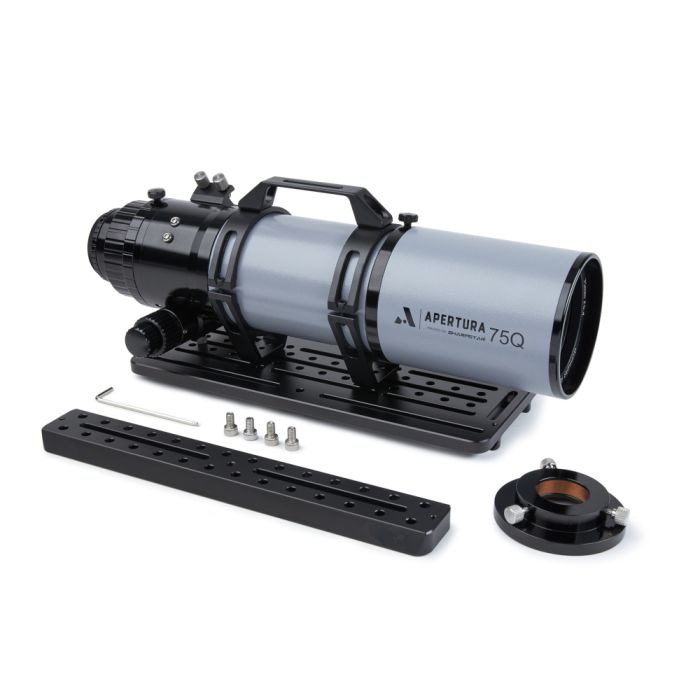
Refractor telescopes are like the chill pals for those starting their cosmic journey. They make things easy with crystal-clear views and low fuss and are straightforward to carry around – perfect for anyone taking the plunge into the cosmic adventure. Familiarize yourself with your gear, kick off with simple targets, get cozy with the night sky, snag some excellent eyepieces, and hone your patience skills. That's your ticket to unlocking the complete potential of your refractor telescope, leading you into a cosmic escapade brimming with wonder and starry delight.






